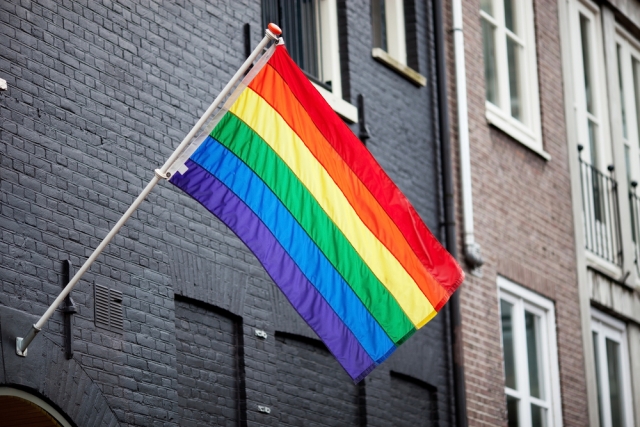The Origins of the LGBTQ+ Movement in the US
A History of the United States

Coming Out
In this podcast from 2017, Joshua Hollands of University College London discusses the early LGBTQ+ civil rights movement in the United States from the end of the Second World War, through the Stonewall Riots to political mobilisation and Pride events.
In the postwar era, gay men and women were still legally discriminated against. However, this was also a period of political change and gay people began to form organisations that campaigned for political rights and equality. Hollands explores how gay rights campaigns were inspired by other civil rights movements and compares how the different groups approached police harassment.
The greater visibility achieved by the gay community also led to greater violence, such as a notorious massacre in 1973 at a New Orleans gay bar. This podacst addresses the setbacks, campaigns and achiements experienced by the gay community in the US in the last few decades of the twentieth century.
This podcast is a valuable resource for an overview of American gay rights progress throughout the twentieth century.
1. Origins of LGBT Civil Rights Movement: Introduction. WW2 and the Cold War.
2. Early politicisation
3. Stonewall
4. The 1970s: Gay Pride and Coming Out.
5. Immediate issues, greater visibility and electoral success.
6. An explosion of women organising.
7. Anti-discrimination and the Anita Bryant backlash.
8. Conclusion.
9. Harvey Milk.
10. Resistance to direct action.
In order to access the full content of the podcasts please Login or Join the HA.

